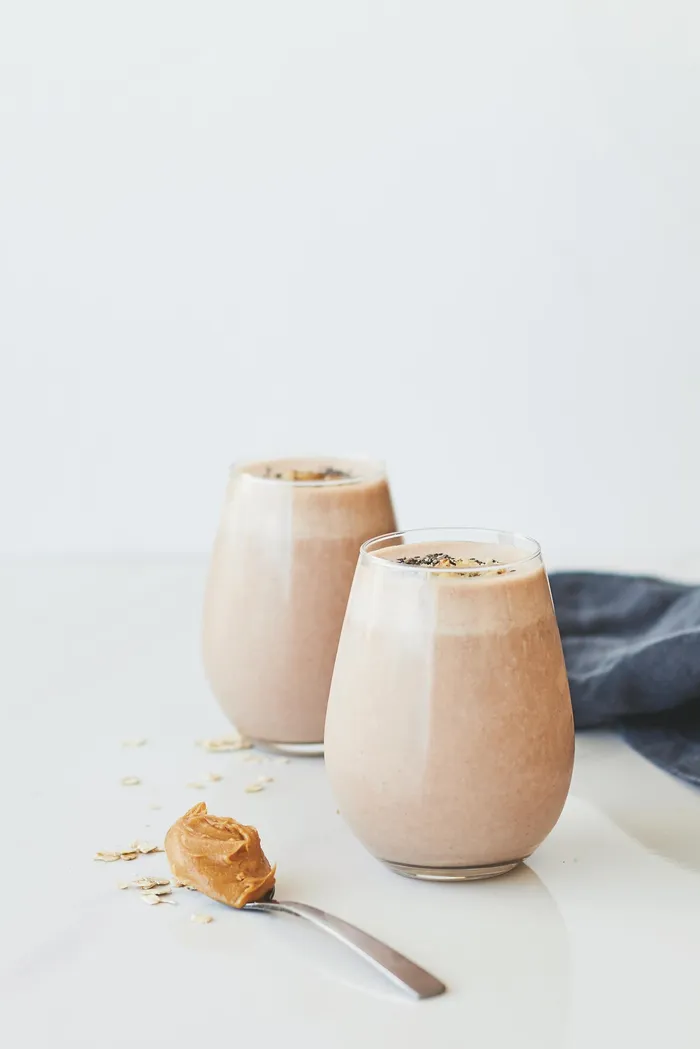Fizzy drink addiction? 5 ways to slash your sugary beverage intake

Create your own smoothies. Picture: Pexels/Leah Roland
In an age where health consciousness is on the rise, reducing one of the leading culprits of obesity and chronic diseases - sugary beverages - is more pertinent than ever.
The impact of these sugary drinks on our health can be alarming, contributing to conditions such as diabetes, heart disease and dental problems.
With many South Africans consuming far more sugar than the recommended daily limit, it's time to take action.
By making informed decisions, gradually altering your intake, and embracing healthier substitutes, you can successfully reduce your consumption of sugary beverages.
Not only will you steer clear of health risks associated with excessive sugar intake, but a revitalised lifestyle awaits, brimming with vitality and well-being.
Armed with these strategies, you’re now ready to take control of your health, one sip at a time.

Here’s how to slash your intake of sugary drinks and steer towards a healthier lifestyle.
Understand the enemy: know your drinks
The first step to cutting back on sugary beverages is education. It's crucial to understand what you are consuming.
Regular soft drinks, energy drinks, and even seemingly innocent fruit juices often contain high levels of added sugars.
For instance, just one 330ml can of soda can have up to 35 grams of sugar, which is close to nine teaspoons. Read labels diligently and opt for beverages that contain little to no added sugars.
Make gradual changes
Drastically eliminating sugary beverages can lead to cravings and frustration. Instead, consider making gradual changes.
Start by replacing one sugary drink per day with water or a healthier alternative. Progressively adjust your intake. Perhaps try swapping your afternoon fizzy drink with sparkling water and a slice of lemon for a refreshing twist.

Explore flavourful alternatives
- Infused water: Enhance plain water with slices of fruits like cucumber, lemon or berries for a refreshing, taste-packed alternative.
- Herbal teas: Opt for unsweetened herbal teas, either hot or iced, which can provide enticing flavours without the added sugar.
- Coconut water: A natural option that's low in sugar but packed with electrolytes, coconut water can provide hydration with a subtle sweetness.
- Homemade smoothies: Create your own smoothies using fresh fruits and vegetables with a base of water or unsweetened almond milk, to control sugar content.
Stay hydrated and mindful
Before reaching for a sugary drink, assess your thirst. Sometimes, dehydration is mistaken for cravings.
Maintaining adequate hydration by keeping water handy can encourage you to make healthier choices.
Additionally, practice mindful drinking: be aware of the beverages you consume and the moments you reach for them. This awareness can help break habitual patterns.
Limit access and build support
Another strategic approach is reducing access to sugary drinks at home. If it’s not in your fridge, you are less likely to indulge.
Encourage family members to join you on this health journey; having a support system can significantly bolster your resolve. Sharing healthy recipes and discovering new beverage options together fosters a communal effort towards better health.